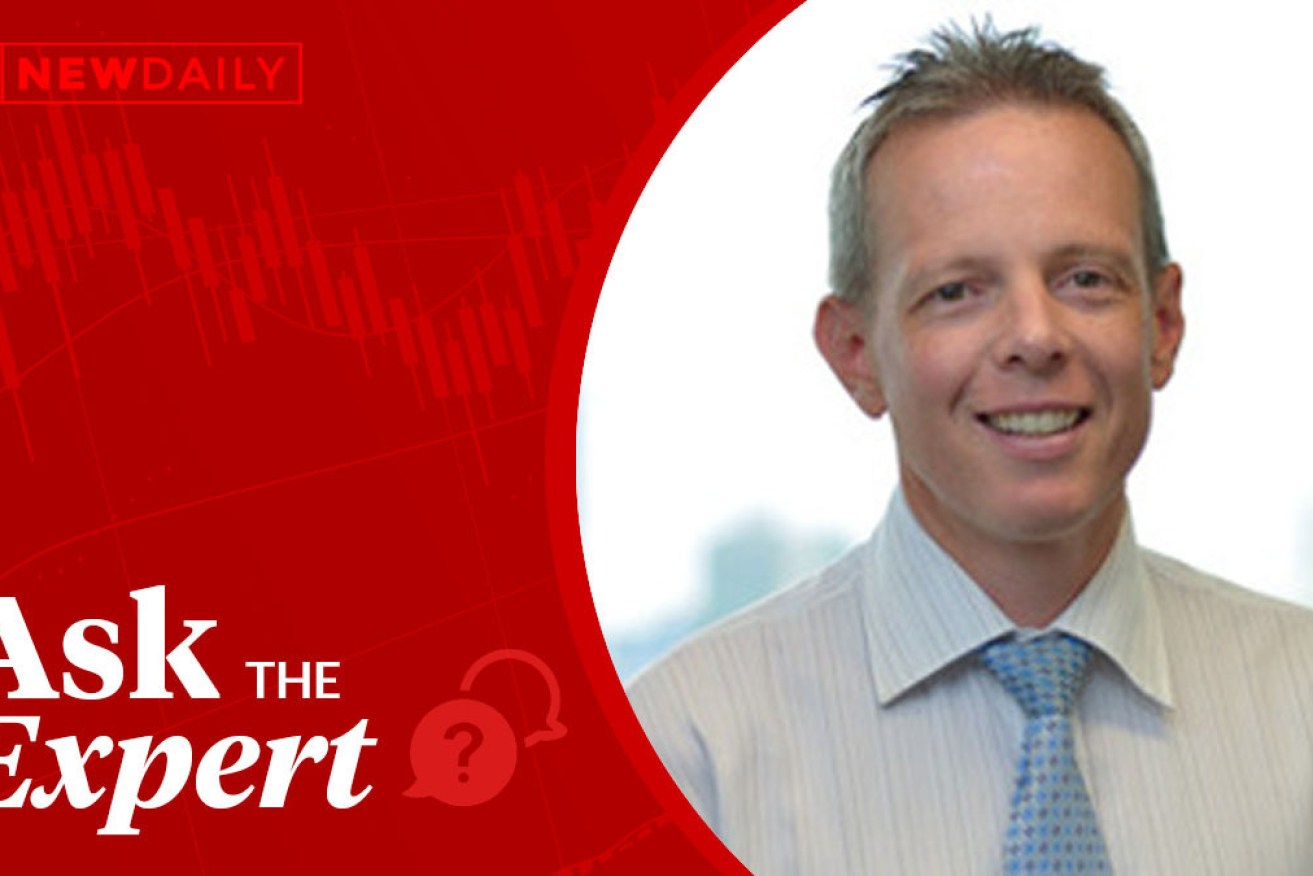Ask the Expert: How to approach household debt and navigate aged pension quirks


Licensed financial adviser Craig Sankey answers your burning finance questions. Photo: TND
Question: I have three children; two of them have finished university and live overseas, while my third child is in second year university.
Combined, the family debt will be over $100,000 dollars. How should we be thinking about retirement planning with this overwhelming impost looming on our children’s futures?
Answer: It is certainly challenging for young adults and families juggling education, debt, savings and retirement. This is where prioritising your goals and having a financial plan may assist.
You mention student debt and combined family debt – has it been established within the family who will be paying off this debt?
Saving for your own retirement so you are not financially reliant on your children in your later years may be more important than helping them pay off their debt right now.
For your children, it’s important to look at HECS debt as a long term investment in their lives.
Most research has shown that university-educated individuals in Australia have a significantly higher income over their lifetime than those who have done no formal education since leaving year 12.
It’s also important to understand that HECS is one of the cheapest loans you can obtain, as there is no interest paid on HECS debt.
However, it is indexed in line with CPI each year. The 2020 indexation rate was 1.8 per cent, and with inflation declining this rate may go even lower.
Once your children start earning above an income threshold ($46,620 for 2020/21, including any income earned overseas), the HECS debt automatically starts to be repaid from earnings.
The amount they pay back varies depending on their income and ranges from 1 per cent to 10 per cent of their income per annum.
I recommend seeking personalised financial advice to ensure you understand the trade-offs between debt repayment and retirement planning as the strategies recommended will largely be dependent on your priorities.
Question: Is foreign employment income included in super co-contribution eligibility?
Answer: The super co-contribution is a popular and effective way to build your super.
If you earn less than $54,837 for 2020/21 (before tax) and make an after-tax super contribution, you may be eligible for a super contribution of up to $500 from the government, called a co-contribution.
If you are an Australian resident, you are taxed on your worldwide income.
This means you must declare all income you receive from foreign sources in your income tax return, with the foreign-sourced income then counted in the co-contribution income test.
Question: I am 68, get the aged pension, and do casual work to keep my head above water.
I pay tax (nearly $3,000) on my wages which total about $22,000 per annum, plus about $17,000 pension.
I thought that the pension was tax free, which it is, until the end of the tax year when last year I found that I had to pay tax on the total amount earned from work plus pension ($39,000).
Last year I got a $3,000 tax bill on top of the PAYE tax that I paid on my wages. Is this correct?
Answer: As you correctly point out the age pension is in fact taxable income.
However, the ‘Senior Australian Tax Offset’ is automatically applied – meaning that you pay less tax than someone below age pension age.
For a single age pensioner, the effective tax-free threshold when all offsets are included is $33,008 for 2020/21 compared with a single non-pensioner whose tax-free threshold is only $21,884.
For this reason many age pensioners believe the age pension is tax free as they don’t end up paying tax due to the effective tax-free threshold and tax offsets that are applied.
You should also keep in mind that not all of your wages are included in the income test for the age pension due to the work bonus.
This means the first $300 per fortnight of employment income is not counted for age pension purposes.
It provides an incentive for older Australians to continue working whilst still receiving some age pension benefits.
Craig Sankey is a licensed Financial Adviser and Head of Technical Services & Advice Enablement at Industry Fund Services.
Disclaimer: The responses provided are general in nature, and whilst they are prompted by the questions asked, they have been prepared without taking into consideration all your objectives, financial situation or needs.
Before relying on any of the information, please ensure that you consider the appropriateness of the information for your objectives, financial situation or needs. To the extent that it is permitted by law, no responsibility for errors or omissions is accepted by IFS and its representatives.








